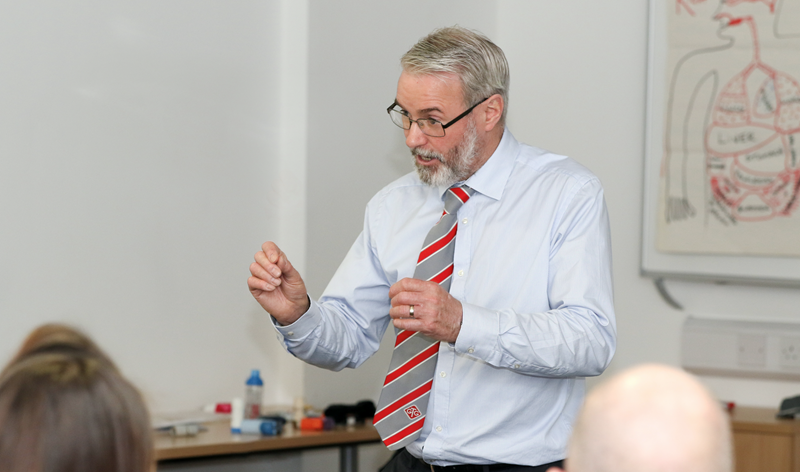Anyone can experience mental health challenges during their lives. And with the accelerated pace and challenges of modern life it’s easy to become disconnected from meaningful contact with others.

And even if it’s only for a short of period of time, your demeanour can noticeably change: losing motivation; shunning contact with friends and family; becoming distracted from your work; losing a sense of perspective and purpose. And while those feelings might not be easy to define, if they’re not addressed, in the long term they can develop into a more serious problems, such as depression, or intense social anxiety.
But there are lots of ways to combat these negative feelings, before they potentially take a harder toll on your mental, and indirectly, your physical wellbeing, so that you can get to a place where you feel better about yourself. These actions can all help raise your levels of self-confidence and self-esteem, help you rebuild a sense of purpose and help you connect with others.
Some of the things you could try include:
-
Going outdoors and connecting with nature; getting fresh air and natural daylight are natural triggers that can help energise you. As well as this, exercise – even moderate walking – releases endorphins which heighten your energy.
-
Taking up cooking, or cooking and baking new dishes. Focus on hearty and nutrient-rich recipes to elevate your mood.
-
At work, set clear and achievable goals. You could also try mentoring less experienced employees, or improve your presentation skills to help you feel more confident and productive.
-
Around the house (or garden if you have one) carry out any much-needed repairs your home tool kit can take care of. You could also just do a spring clean; a tidy house can relax you and make you feel more comfortable in your surroundings.
But there’s another great and possibly underrated way to improve your mental health: learning new skills.
And while you might not have an appetite for classroom learning, or consider yourself to be academic, there are lots of ways to learn that don’t require an overhaul of your daily routine. You could:
-
Improve your DIY skills by learning practical home improvement tips, like basic plumbing or joinery and carpentry.
-
Expand your digital skillset, like using computer software and apps on other electronic devices like mobiles and tablets. This can improve your confidence both at work and with younger family or friends who might be more immersed in technology.
-
Learn a new language, even if it’s only a set of basic phrases, or one class a week – this opens up parts of our brain we haven’t used since learning to speak in childhood, and can be an enriching experience as an adult. Research suggests additional language learning even has cognitive benefits much later in life.
The feeling of excitement at learning new things, especially those which interest us or are of most immediate help to us, are sometimes referred to ‘Eureka moments’. This release of positive energy can help instil added purpose to your day and the promise of further learning can bring renewed focus for the days and weeks ahead.
What’s more, you can learn about mental health itself through GTG. Our Glasgow and Edinburgh training centres are offering a Mental Health Awareness First Aid course. This SQA- and Ofqual-recognised course will help you become a mental health ‘first responder’, recognising signs that you could be struggling with your own mental health concerns, and equally, will enable you to better help others in a time of mental health crisis, until professional help can be found.
And with Skills Development Scotland’s Individual Training Account (ITA) you can get up to £200 grant towards the cost of hundreds of courses, both online, and in a socially distanced classroom.